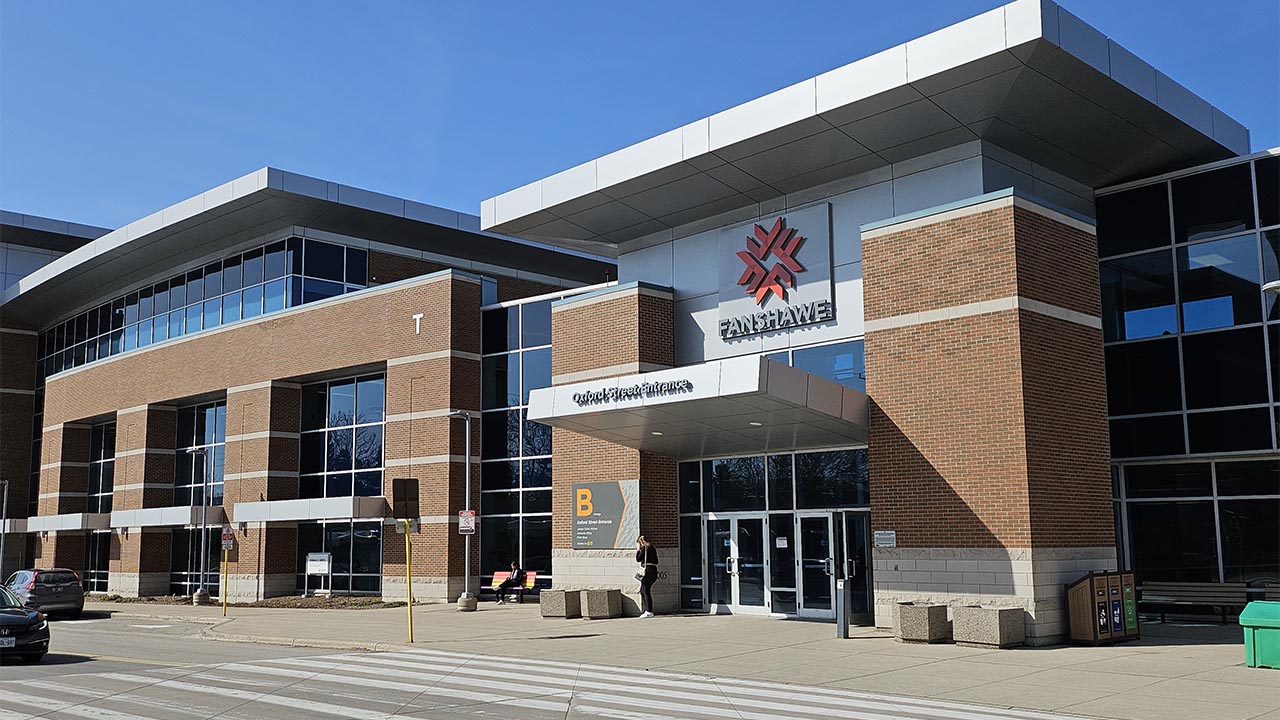Ontario announces new post-secondary funding, extension on tuition freeze
 CREDIT: JUSTIN KOEHLER
CREDIT: JUSTIN KOEHLERFanshawe College accepts the third highest number of international students on an annual basis.
The Ontario government has announced that colleges and universities across the province will receive additional funding of $1.3 billion, while continuing its freeze on in-province tuition until at least 2026.
This comes after the federal government recently introduced an admissions cap for international students, now limiting the number of international students that colleges and universities may admit for the next two years.
“I didn’t believe they were going to take such drastic steps,” said President of Fanshawe College, Peter Devlin. “There’s still a large bias in support of university education.”
Doug Ford and the provincial government are pushing budget increase as a way for colleges and universities to recuperate some of the anticipated losses. Minister of Colleges and Universities Jill Dunlop said the decision to provide additional funding will stabilize the post-secondary system without needing to increase tuition for in-province students.
“It’s never been more important to keep costs down for students and parents,” Dunlop said. “Instead of burdening hard-working families with higher tuition, we’re making historic investments to stabilize colleges and universities. We’re taking action to make fees more transparent.”
At a press conference following the announcement, Dunlop was heavily questioned by reporters with various questions, largely focused around the lack of more funding. Ontario’s Blue-Ribbon Panel recommended that the province inject over $2.5 billion in ongoing base funding into the province’s educational institutions, nearly double what the Ontario government decided to give out.
“Today’s announcement, while providing short-term relief, falls far short of what the government’s own expert panel found was urgently required,” said President and CEO of the Council of Ontario Universities, Steve Orsini. “Ontario’s universities now face an eight-year long tuition freeze without adequate multi-year base funding, which continues to undermine the financial sustainability of the sector.”
Orsini went on to say that a lack of funding is not a new issue for Ontario institutions, adding that colleges and universities in the province continue to be one of the lowest funded.
“Ontario universities receive the lowest per-student funding in Canada and are only funded at 57 per cent of the national average,” said Orsini. “The 10 per cent tuition cut in 2019 and ongoing freeze, declining real per-student operating funding and the more than $345-million impact this year in repealing Bill 124, are further placing the education, programs and services students rely on at risk.”
According to reporting by CBC, Fanshawe currently sits as one of the top three colleges and universities in Canada in terms of the number of international students admitted per year, and college officials have stated they expect the cap will impact the college’s finances.
Conestoga has the largest number, admitting over 30,000 international students in 2023.
Despite this, Devlin said that much of the problem stems from a lack of support from the Ontario government.
“I’m disappointed that the minister chose a sledgehammer instead of a scalpel to deal with the problem of bad actors and housing,” Devlin said. “Tools were available, including the allocation of study visas to quality schools like Fanshawe, and having institutions provide a letter of attestation for individual international students.”
The province has yet to disclose how the $1.3 billion in funding will be divided amongst universities, but according to their own breakdown of funds, $200 million will be allocated to the “institutions most in need.”

















